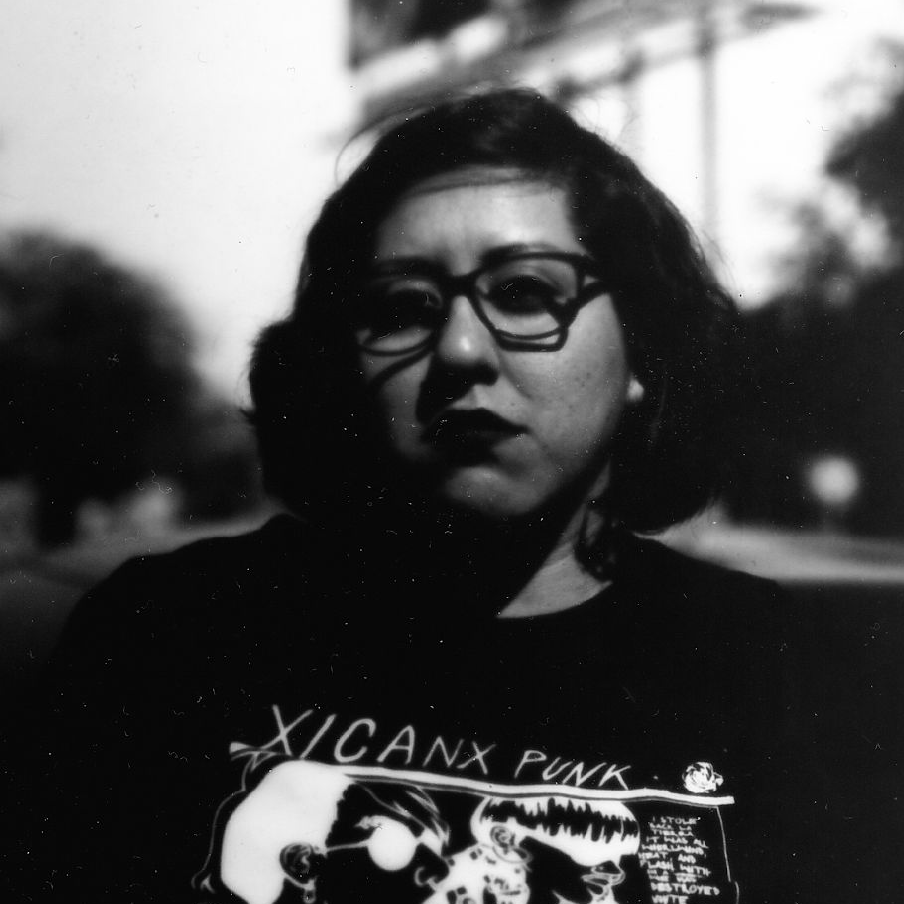 We all know that white men are at the top of the career food chain when it comes to earning power — with white women being a close second. (You need one more sentence, something giving an opinion or more info. Right now, it reads as two separate observations. So you need to supply the “so what” bitty 🙂 )
We all know that white men are at the top of the career food chain when it comes to earning power — with white women being a close second. (You need one more sentence, something giving an opinion or more info. Right now, it reads as two separate observations. So you need to supply the “so what” bitty 🙂 )
There are many ways to tackle this inequity, and I will present a few of my humble offerings towards this goal.
As I’ve grown as a writer, I find that more and more (white) people are sharing my work, whether it be in newsletters, curricula, or lesson plans. While that is amazing and gets my name out there, it doesn’t always turn into a type of quantifiable success. BIPOC writers don’t generally see extra income from the sharing of our work.
